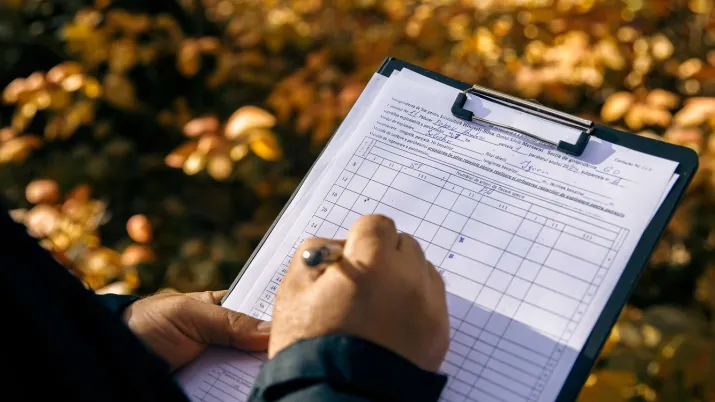Share the page
Biodiversity cooperation between India, France and Southern Africa
Published on

From Assam, India, to the savannas of Southern Africa, national park managers worldwide are collaborating to better protect biodiversity. The Parks & Biodiversity Partnership program, supported by AFD and coordinated by France's ONF International, focuses on sharing experience between India, Southern African countries and France to help safeguard living ecosystems.
In Kaziranga and Manas (India), two UNESCO World Heritage–listed parks, protecting wildlife is a constant challenge. Poaching, demographic pressure and climate change call for coordinated responses. It was in this context that the Assam Forest Department requested AFD’s technical support in 2020. This request led to an unprecedented cooperation initiative between India, Southern Africa (via SANParks) and France: the Parks & Biodiversity Partnership, a three-year program of exchanges and training.
“The world today is far more interconnected, and biodiversity is affected by our ways of life. We need to join forces and tackle these global challenges together: that is exactly what this project represents,” says Danny Govender, Sustainability Director at SANParks (South Africa).
The program is built around three priorities over three years:
- Biodiversity conservation: species inventories, habitat restoration and anti-poaching efforts,
- Sustainable tourism: responsible visitor management and diversification of local income streams,
- Governance and innovation: adapting French national park management models to regional contexts in other countries.
Shared benefits
Over the past three years, AFD has facilitated several study tours and workshops involving park managers, ministries and forest services from India, Southern Africa and France. “These exchanges cover many topics: human–wildlife coexistence, species conservation, community engagement, the management of tourism infrastructure, and scientific cooperation,” explains Laura Buis, Project Team Leader for Biodiversity at AFD.
The exchanges benefit all parties: French and African participants have discovered Indian practices, while delegates from Assam and Rajasthan have seen first-hand how other regions use science and technology to protect wildlife. “Even with fewer forests to manage, they apply science and technology to conservation. This shared passion for nature brings us closer together,” says Kapil Chandrawal, Deputy Project Director at the Rajasthan Forest Department.
Cooperation facilitated by France
France plays the role of facilitator: it connects partners, provides a technical framework and helps knowledge circulate across continents. Funding primarily supports exchange visits, training workshops and pilot initiatives carried out locally by Indian and African authorities. France's National Forest Office – International (ONF International) ensured the program’s operational implementation. It provided additional technical resources, mobilized its network of protected-area management experts, conducted comparative analyses, and developed training tools for Indian and African teams.
The French Agricultural Research Centre for International Development (CIRAD) further enriched exchanges through the participation of its experts. Through the international SWM – Sustainable Wildlife Management program, CIRAD shared lessons learned from its work in sub-Saharan Africa, including flood dynamics, animal migrations and collaborative models that link conservation with local livelihoods. These contributions informed the technical discussions and offered avenues for adapting approaches in Kaziranga and Manas.
Beyond the resources deployed, the project reflects a long-term vision: building a network of conservation professionals capable of jointly responding to the challenges of climate change. “Whether in France or India, everyone is moving in the same direction in the face of climate change – we need to prepare for what lies ahead,” recalls T.C. Ranjith Ram of the Assam Forest Department in India. By focusing on peer-to-peer exchange and cooperation, the initiative is helping to build a community of practitioners committed to sustainable management of protected areas in the Indo-Pacific, ultimately benefiting biodiversity worldwide.
Read also
Infographic – Our action in favor of nature and biodiversity in 2024
Published on July 22, 2025
How to build a pro-nature economy?
Published on December 5, 2024



